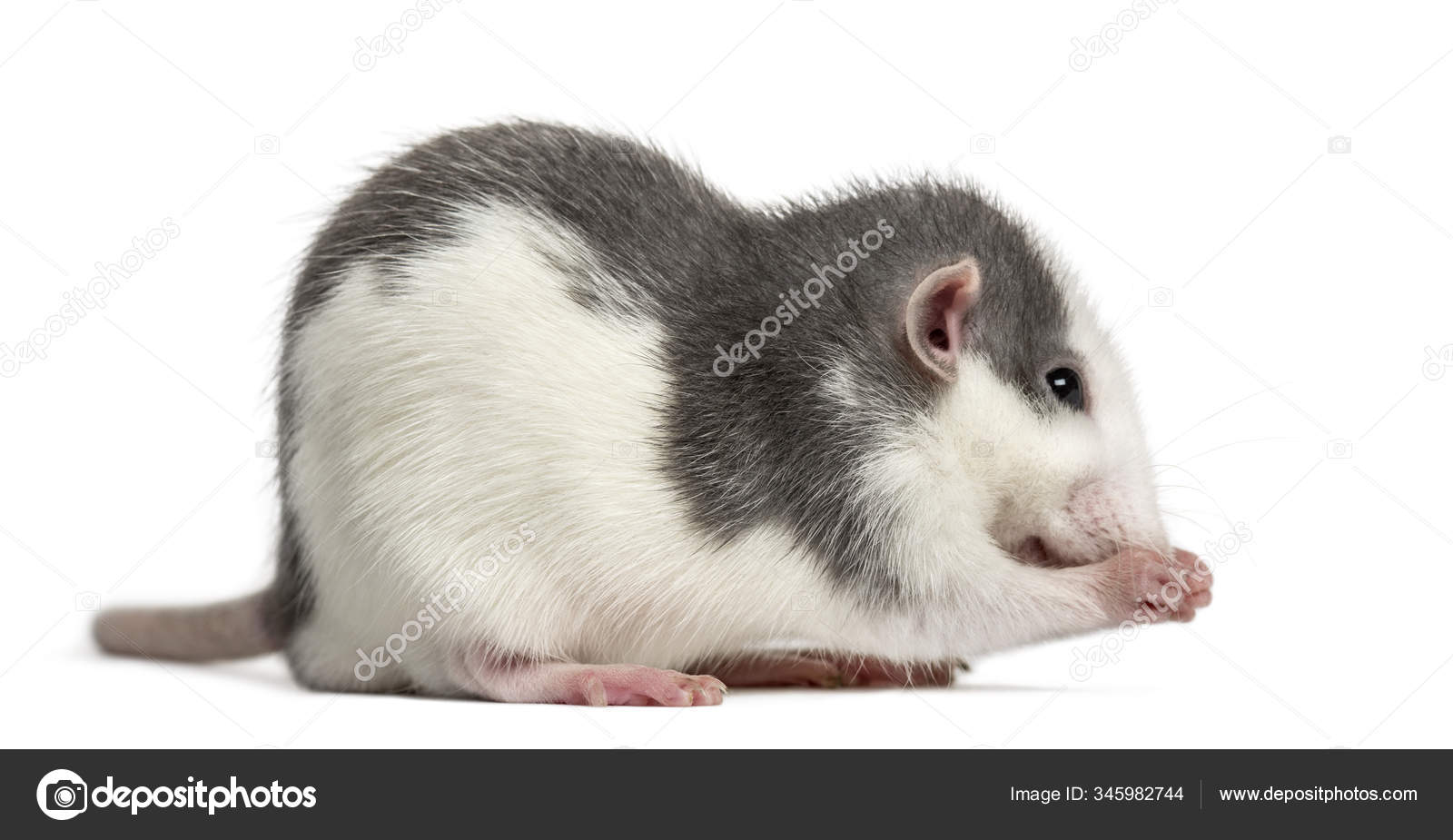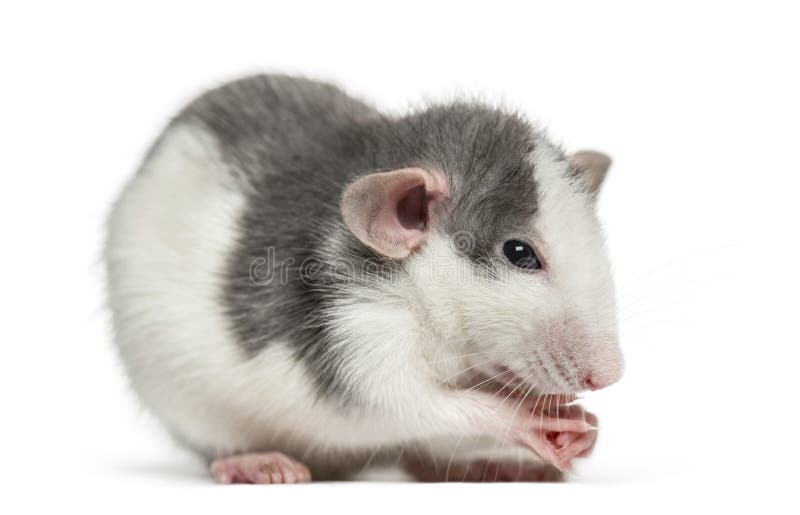Let’s be real, folks—rat washing might sound like some bizarre spa treatment, but it’s actually a growing concern that affects public health, urban environments, and even your backyard. If you’ve ever wondered why rats are thriving in cities despite our best efforts to control them, rat washing could be the missing piece of the puzzle. This isn’t just a quirky term; it’s a real issue with serious consequences for communities worldwide.
Now, before we dive deep into the world of sewer-dwelling rodents and their questionable hygiene habits, let me set the scene. Imagine this: you’re walking through your neighborhood one evening, minding your own business, when suddenly you spot something unusual. A group of rats gathered near a water source, splashing around as if they’re at a mini pool party. Sounds bizarre, right? But guess what? It’s happening more often than you think.
So, why should you care about rat washing? Well, aside from the obvious "ick" factor, this behavior has real implications for disease spread, urban sanitation, and even how we approach pest control. Stick around because we’re about to break it all down for you—no science degree required!
Read also:Mama De Markitos Toys The Ultimate Guide To Fun Creativity And Learning
What Exactly Is Rat Washing?
First things first, let’s get the basics out of the way. Rat washing refers to the phenomenon where rats use water sources—like puddles, streams, or even drains—to clean themselves. While it might sound like an adorable act of personal grooming, there’s a darker side to this behavior. Rats carry diseases, and when they "wash," they contaminate water supplies with pathogens that can spread to humans and other animals.
Why Do Rats Wash Themselves?
Believe it or not, rats are actually pretty clean creatures. Contrary to popular belief, they groom themselves regularly to stay healthy and reduce the risk of infections. However, in urban environments, their natural cleaning habits can backfire. Here’s why:
- Urban areas often lack clean water sources, forcing rats to use contaminated water for washing.
- When rats wash in polluted water, they inadvertently spread harmful bacteria and viruses.
- Some experts believe that stress from overcrowding in cities may drive rats to wash more frequently, exacerbating the problem.
The Impact of Rat Washing on Public Health
Rat washing isn’t just a quirky animal behavior—it’s a public health concern. Let’s take a closer look at how this issue affects communities:
Diseases Spread Through Contaminated Water
When rats wash in water sources, they leave behind pathogens that can cause serious illnesses in humans. Some of the most common diseases linked to rat washing include:
- Leptospirosis: A bacterial infection that can lead to kidney damage, meningitis, and even death if left untreated.
- Hantavirus: A viral disease spread through rodent urine and droppings, which can cause respiratory issues.
- Salmonellosis: A foodborne illness that can contaminate water supplies, leading to nausea, vomiting, and diarrhea.
How Rat Washing Affects Urban Environments
Beyond public health, rat washing also has a significant impact on urban ecosystems. Here’s what’s going on behind the scenes:
Water Pollution and Ecosystem Disruption
When rats wash in natural water bodies, they introduce harmful pathogens that disrupt local ecosystems. Fish, birds, and other wildlife can become infected, creating a ripple effect throughout the food chain. Additionally, contaminated water can seep into soil, affecting plant life and further damaging the environment.
Read also:Dynamic Asian Massage Spa Reviews The Ultimate Guide To Relaxation
Why Is Rat Washing Becoming More Common?
There are several factors contributing to the rise in rat washing incidents:
Urbanization and Habitat Loss
As cities expand, natural habitats for wildlife shrink. Rats, being highly adaptable creatures, thrive in urban environments. However, this adaptation comes at a cost. With fewer clean water sources available, rats are forced to use whatever they can find, leading to increased washing in contaminated areas.
Climate Change and Extreme Weather
Climate change plays a role in rat washing as well. Heavy rainfall and flooding can force rats out of their underground burrows and into open spaces, where they’re more likely to encounter water sources. This creates the perfect storm for rat washing to occur.
How Can We Combat Rat Washing?
Fighting rat washing requires a multi-faceted approach. Here are some strategies that cities and individuals can adopt:
Improving Urban Sanitation
Cleaner cities mean fewer opportunities for rats to thrive. Local governments can invest in better waste management systems, regular street cleaning, and public education campaigns to raise awareness about rat control.
Securing Water Sources
Preventing rats from accessing water sources is key to stopping rat washing. Installing barriers around ponds, fountains, and other water features can help keep rodents at bay.
Using Eco-Friendly Pest Control Methods
Traditional pest control methods often involve harmful chemicals that can harm the environment. Instead, cities can explore eco-friendly alternatives, such as introducing natural predators or using non-toxic repellents.
Case Studies: Cities Fighting Rat Washing
Several cities around the world have taken bold steps to combat rat washing. Let’s take a look at a few success stories:
New York City: The Rat Wars
New York has long battled its rat population, but recent initiatives have shown promise. The city has implemented a comprehensive rat control program that includes trapping, baiting, and public education. By addressing the root causes of rat infestations, NYC aims to reduce rat washing incidents significantly.
Tokyo: Technology Meets Tradition
In Tokyo, technology plays a crucial role in rat control. The city uses advanced sensors to monitor rat activity and deploy targeted interventions. At the same time, traditional methods like encouraging owls to nest in urban areas help keep rat populations in check.
The Economic Cost of Rat Washing
Rat washing isn’t just a health and environmental issue—it’s also an economic burden. Cities spend millions of dollars each year dealing with the aftermath of rat infestations, including:
- Cleaning up contaminated water supplies.
- Treating human diseases caused by rat-borne pathogens.
- Repairing damage to infrastructure caused by rat activity.
What You Can Do to Help
Individual actions can make a big difference in the fight against rat washing. Here’s how you can contribute:
Reduce Food Waste
Rats are attracted to food waste, so proper disposal is essential. Always seal garbage bags tightly and avoid leaving food scraps outdoors.
Secure Your Property
Check your home and yard for potential entry points and seal them off. Trim overgrown vegetation and remove standing water to discourage rats from settling in.
Educate Others
Spread the word about rat washing and its impact on public health. The more people know, the better equipped they’ll be to take action.
Conclusion: Taking Action Against Rat Washing
Rat washing might seem like a small issue, but its effects ripple far beyond the surface. From spreading diseases to disrupting ecosystems, this behavior poses a real threat to urban communities. By understanding the causes and consequences of rat washing, we can work together to create cleaner, healthier cities for everyone.
So, what’s next? Take a moment to reflect on what you’ve learned and consider how you can contribute to the solution. Whether it’s reducing food waste, securing your property, or advocating for better urban planning, every action counts. And remember, knowledge is power—so share this article with friends and family to keep the conversation going!
Table of Contents
- What Exactly Is Rat Washing?
- Why Do Rats Wash Themselves?
- The Impact of Rat Washing on Public Health
- How Rat Washing Affects Urban Environments
- Why Is Rat Washing Becoming More Common?
- How Can We Combat Rat Washing?
- Case Studies: Cities Fighting Rat Washing
- The Economic Cost of Rat Washing
- What You Can Do to Help
- Conclusion: Taking Action Against Rat Washing


